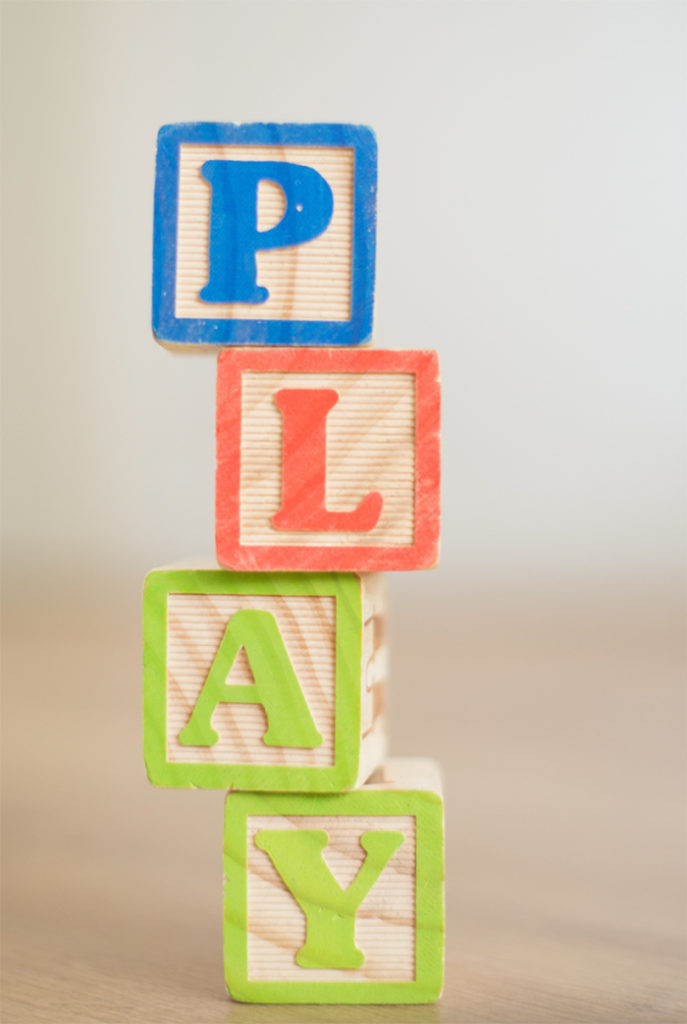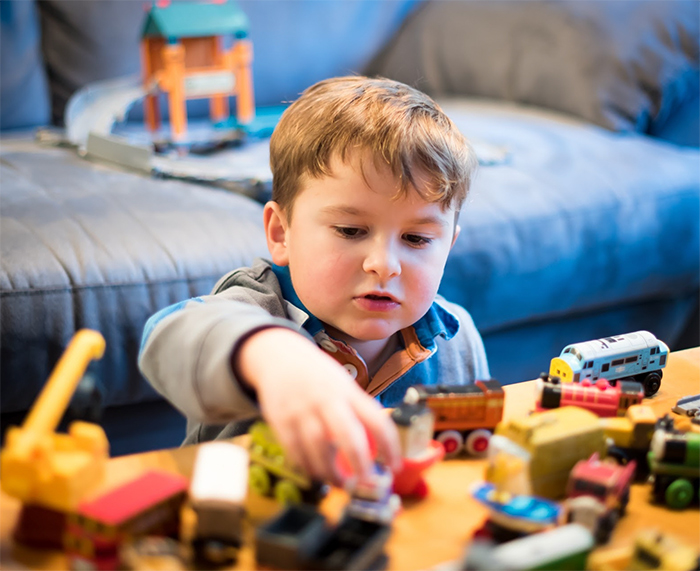Power of Role and Pretend Play
An interesting part of my job as a speech therapist is that I get to role play and pretend play with my students. Meaningful and interactive play gets children to do a lot of exploring and discovering.
Role and pretend play are two powerful learning methods that allow children to experiment and learn about the power of language. Role play simply means, taking on a role using simulated scenarios to bring a specific response. For example, putting on a stethoscope to play doctor for a scenario in the hospital or wearing a long white hat to play chef for a scene at the restaurant. Setting up a booth with some toy fruits and vegetables with a little cash register or goggles and a towel to play a superhero are some fun examples of role play.

Pretend play is a form of symbolic play where children use objects, actions or ideas to represent other objects, actions, or ideas. (Play and Playground Encyclopedia). Make a teacup from playdough, using a water bottle as a microphone, make a camera from Lego© or even make binoculars with your hands! These are some fun examples of pretend play.
Have you played “masak masak” with your little girl? These plays have always been in our homes. However, with the advancement of technology and exposure of children to gadgets, meaningful play is questionable. A major factor of delay in communication today is the use of gadgets. It is time to get back to old school! Buy the “masak masak” set or make play dough at home and let children discover and explore.
You must ask how do role and pretend play help children develop language skills? What aspects of role play or pretend play has such an effect? It aids in developing social, speech and language, problem-solving, emotional, and even improving fine and gross motor skills! These are several of the many benefits of role and pretend play. Role and pretend play allow children to blend skills and knowledge together. It helps children be organised and work collaboratively in a group and allows them to transfer ideas from one situation to another.
How do we do role or pretend play?
a) Identify a skill that needs to be taught, e.g. requesting.
b) Plan a scenario and items required.
c) Write how you would like the play to be.
d) Assign roles and model the scene.
e) Act out together and discuss.
It is fun!

By Naomi Nisha
Speech & Language Therapist, TAARANA

